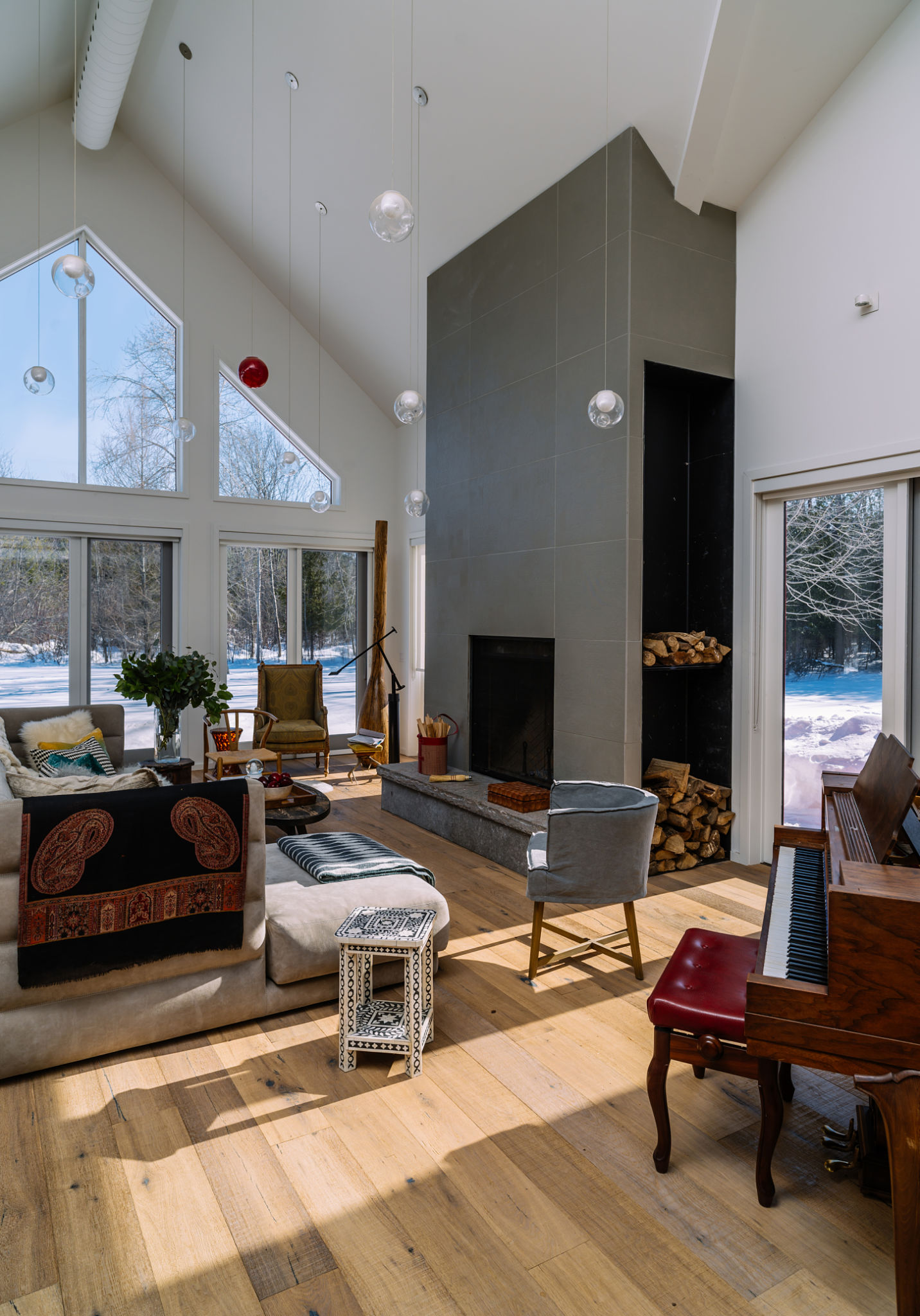Seasonal Piano Care: Preparing Your Instrument for New York Winters
Understanding the Impact of Winter on Your Piano
As the temperature drops and winter settles in, it's important to consider how these changes affect your piano. Pianos are delicate instruments that react to fluctuations in temperature and humidity. In New York, winters can be particularly harsh, posing unique challenges for piano owners. Without proper care, you may find your piano going out of tune more frequently, or worse, suffering structural damage.
Understanding the impact of winter conditions on your piano is the first step in ensuring it remains in optimal condition. Cold temperatures can cause the wood to contract, while low humidity levels can lead to drying and cracking. These changes can significantly affect the sound and playability of your piano.

Maintaining Optimal Humidity Levels
The key to maintaining your piano during the winter months is controlling the humidity levels in your home. Ideally, a piano should be kept at a consistent humidity level of around 42-48%. This helps prevent the wood from drying out and cracking.
Here are some tips to maintain optimal humidity levels:
- Use a humidifier: A room humidifier can help maintain consistent humidity levels.
- Avoid direct heat sources: Keep your piano away from radiators, fireplaces, and heating vents.
- Consider a piano-specific humidification system: These systems can be installed directly into the piano to provide consistent humidity control.

Tuning and Maintenance
Winter is an ideal time to schedule a tuning appointment. The changes in temperature and humidity can cause your piano to go out of tune more quickly. Regular tuning ensures that your piano sounds its best and also allows a professional to check for any potential issues caused by the winter conditions.
In addition to tuning, regular maintenance checks are crucial during the winter months. A professional technician can inspect for any signs of wear or damage and suggest preventive measures to avoid costly repairs down the line.

Proper Positioning in Your Home
The placement of your piano in your home can significantly impact its condition during the winter. It's important to position it away from external walls, windows, and doors where it might be exposed to drafts or sudden temperature changes.
Additionally, placing the piano on an interior wall can help protect it from the cold air seeping through exterior walls. Ensuring that your piano is situated in a stable environment will go a long way in maintaining its integrity throughout the winter months.

Covering and Protecting Your Piano
Covering your piano with a quality cover can offer an additional layer of protection against dust and fluctuating temperatures. A well-fitted cover will help insulate your piano and keep its surface free from potential damage.
Avoid placing any objects on top of the piano cover that might cause pressure or leave marks. Maintaining a clean and clear surface will ensure that your piano remains in pristine condition.
Conclusion: Enjoying Your Piano All Winter Long
By taking these steps, you can ensure that your piano remains in excellent condition throughout the harsh New York winters. Consistent care and attention will not only preserve the instrument’s sound quality but also extend its lifespan.
Remember, a well-maintained piano is a joy to play and listen to. With proper seasonal care, you'll enjoy beautiful music all winter long without any worry about your instrument's health.
